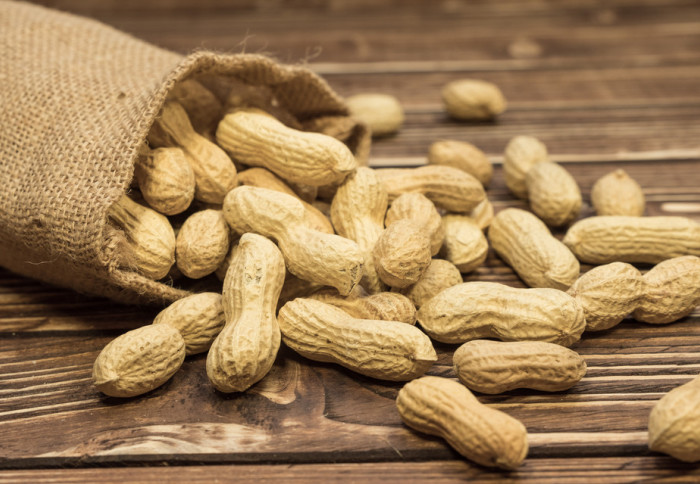Allergy analyses and prestigious professorships: News from the College

Here’s a batch of fresh news and announcements from across Imperial.
From a hunt for common biomarkers of patients with peanut allergies, to a Royal Society professorship for an Imperial solar energy materials expert, here is some quick-read news from across the College.
Peanut allergy ‘vaccine’
Imperial researchers are on the hunt for biological markers which could ultimately help to treat patients with peanut allergy.
A team, led by Dr Mohamed Shamji at the National Heart & Lung Institute at Imperial, will analyse blood samples from patients with peanut allergy to search for common biomarkers.
The hope is these markers could provide targets for novel therapies to treat the allergy.
Dr Shamji and team will work closely with Allergy Therapeutics, with the data from patients laying the groundwork for future trials of a peanut allergy vaccine, based on an allergen particle from peanuts.
“We’re excited to begin this collaboration,” said Dr Shamji. “Our work could ultimately lead to a preventative treatment like a traditional vaccination against infectious diseases, rather than typical immunotherapy like desensitisation or drugs.”
COVID-19 data studies
 Two Imperial projects have received funding from Health Data Research UK to use national data to answer key COVID-19 research questions. The projects will form part of the larger Data and Connectivity National Core Study which will enable access to health and administrative data from across the UK and provides the infrastructure for vital data research.
Two Imperial projects have received funding from Health Data Research UK to use national data to answer key COVID-19 research questions. The projects will form part of the larger Data and Connectivity National Core Study which will enable access to health and administrative data from across the UK and provides the infrastructure for vital data research.
Dr Till Hoffmann, from the Department of Mathematics, will investigate whether National Core Studies healthcare data can be connected with wastewater surveillance of COVID-19 in a privacy-preserving fashion to inform epidemiological models and democratise data access.
Professor Paul Elliott, from the School of Public Health, will lead a project to characterise and quantify the biological, social and environmental drivers of medium-term health outcomes following infection with SARS-CoV-2, the virus responsible for COVID-19.
Read more on the Health Data Research UK website.
Prestigious Professorship
 Professor Jenny Nelson, from the Department of Physics and the Grantham Institute, has been awarded one of seven Royal Society Research Professorships, which provide long-term support for internationally recognised scientists of exceptional accomplishments, allowing them to focus on ambitious and original research of the highest quality.
Professor Jenny Nelson, from the Department of Physics and the Grantham Institute, has been awarded one of seven Royal Society Research Professorships, which provide long-term support for internationally recognised scientists of exceptional accomplishments, allowing them to focus on ambitious and original research of the highest quality.
Professor Nelson will research molecular electronic materials for solar energy conversion. These materials can absorb light and conduct charge, and could provide affordable ‘designer’ materials for generating and storing renewable energy.
Molecular solar energy converters work in some similar ways as natural photosynthetic systems in plants. Professor Nelson aims to learn from nature to design better materials for solar energy conversion by studying both systems to establish how well molecular materials can ultimately perform.
Read more on the Royal Society’s website.
–
Want to be kept up to date on news at Imperial?
Sign up for our free quick-read daily e-newsletter, Imperial Today.

Article text (excluding photos or graphics) © Imperial College London.
Photos and graphics subject to third party copyright used with permission or © Imperial College London.
Reporter
Andrew Youngson
Communications Division
Ryan O'Hare
Communications Division
Hayley Dunning
Communications Division